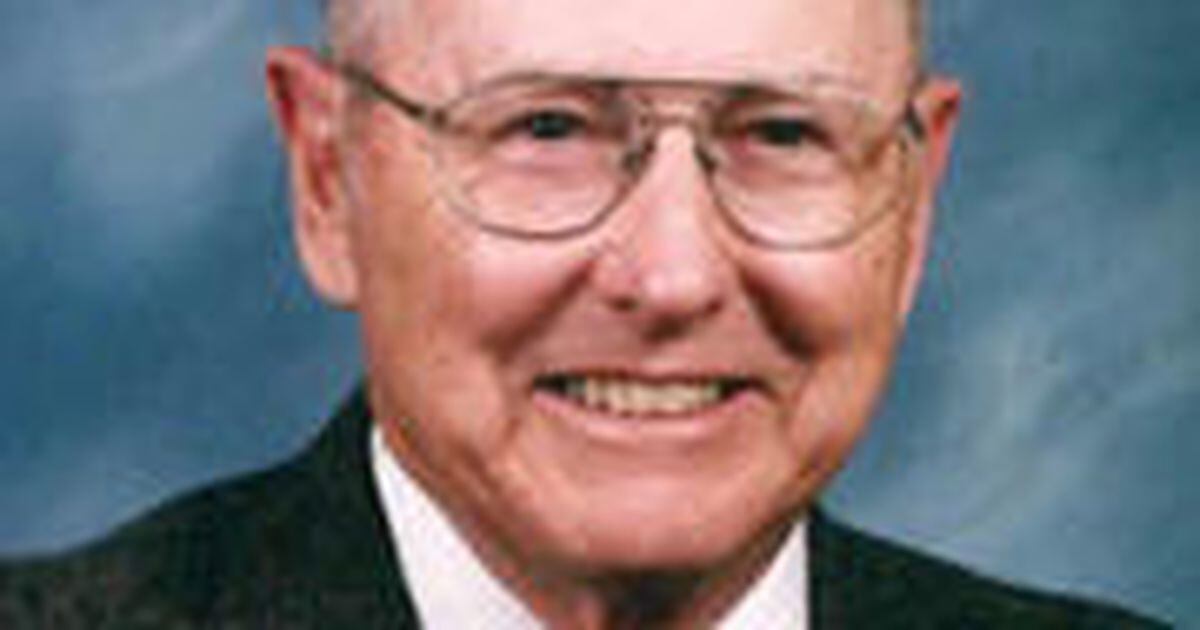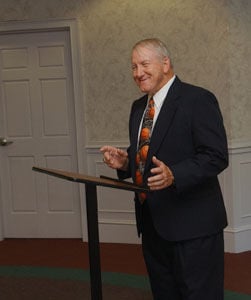

“Jonathan Edwards’s Most Popular Work: ‘The Life of David Brainerd’ and Nineteenth-Century Evangelical Culture.” In Church History 54 (Jun 1985): 188-201. “Jonathan Edwards: The History of the Work of Redemption.” In Westminster Theological Journal 56 (Spring 1994): 45-58.Ĭonforti, Joseph A. Garden City, NJ: Anchor Books, 1966.Ĭlark, Stephen M. The Theology of Jonathan Edwards: A Reappraisal. New York: Oxford University Press, 1998.Ĭherry, C. Jonathan Edwards and the Limits of Enlightenment Philosophy. The Sermons of Jonathan Edwards: A Reader. Grand Rapids, MI: Reformation Heritage Books, 2007. “A Sweet Flame”: Piety in the Letters of Jonathan Edwards. New York: The American Tract Society, 1774. Some Thoughts Concerning the Revival of Religion in New England. The Great Christian Doctrine of Original Sin Defended Evidences of its Truth Produced, and Arguments to the Contrary Answered. A Faithful Narrative of the Surprising Work of God. Distinguishing Marks of a Work of the Spirit of God. A Treatise Concerning Religious Affections. A Careful and Strict Enquiry Into the Prevailing Modern Notions of That Freedom of the Will Which is Supposed to Be Essential to Moral Agency, Virtue and Vice, Reward and Punishment, Praise and Blame. A Dissertation Concerning the End for Which God Created the World. An Humble Attempt to Promote Explicit Agreement. Christian Charity, or The Duty of Charity to the Poor, Explained and Enforced. Carlisle, PA Edinburgh: Banner of Truth Trust, 1974. New Haven London: Yale University Press, 1957-2008.
Ronald e newton ii series#
Sermons, Series II, 1751 (WJE Online Vol. “ Speech to the Mohawks.” Transcription of manuscript (notes) that retains abbreviations and phrases struck by author. “ Christian Charity, or The Duty of Charity to the Poor, Explained and Enforced.” 1732. Search any or all of the seventy-three volumes by word or phrase, or browse the table of contents of each volume.Įdwards, Jonathan. Visit the Works of Jonathan Edwards Online, a complete online critical edition of Edwards. Jonathan Edwards, President of the College of New Jersey. Boston New York: Houghton, Mifflin and Co., 1889. Anderson, by permission of Macmillan Reference USA, New York, NY.

This article is reprinted from Biographical Dictionary of Christian Missions, Macmillan Reference USA, copyright © 1998 Gerald H. Anderson (New York: Macmillan Reference USA, 1998), 195. Stout, “Edwards, Jonathan,” in Biographical Dictionary of Christian Missions, ed. When historians seek a person who represents the Puritan, intellectual strain in the American character, they turn almost universally to Edwards. He is a window into a critical period in American history and was a shaper of spiritual life in America. He died of a smallpox inoculation, however, before serving his new appointment.Īs minister, theologian, and missionary, Edwards has exercised profound influence not only on the thought, culture, and literary life of his own time but on American society to the present. In 1758 Edwards reluctantly accepted an appointment as president of the College of New Jersey (later Princeton College). As evangelist and Native American school reformer, he worked tirelessly to meet the religious and educational needs of Native Americans and, by his example as much as by his words, established the foundation for Calvinist (“Edwardsian”) missions in the nineteenth and twentieth century. Edwards’s prodigious scholarship, however, did not come at the expense of his missionary activity with the Mohawk Indians. During these years, he completed many of his famous theological treatises including Freedom of the Will (1754) and Original Sin (1758). His intellectual leadership during the Great Awakening of the 1740s succeeded in rearticulating historic Calvinist theology within the categories of the “New Learning” championed by John Locke and Isaac Newton.įollowing his dismissal from the Northampton congregation in 1750 over the issue of Communion and church membership, Edwards accepted a call to a Native American mission in Stockbridge, Massachusetts, where he remained until 1758. In his years at Northampton Edwards began producing the philosophical and theological works that would make him early America’s most eminent Christian philosopher. Following his education at Yale College, Edwards served briefly at pastorates in New York City and Bolton, Connecticut, and then moved to Northampton, Massachusetts, where he served with his grandfather and, upon Stoddard’s death in 1729, as senior pastor of the First Congregational Church. From birth he was set aside for the ministry, and at an early age he resolved to be great in the cause of Christianity. Edwards, Jonathan (1703-1758) American theologian, minister, and missionaryĮdwards was born in East Windsor, Connecticut, the son of Timothy Edwards and grandson of the famed Solomon Stoddard.


 0 kommentar(er)
0 kommentar(er)
